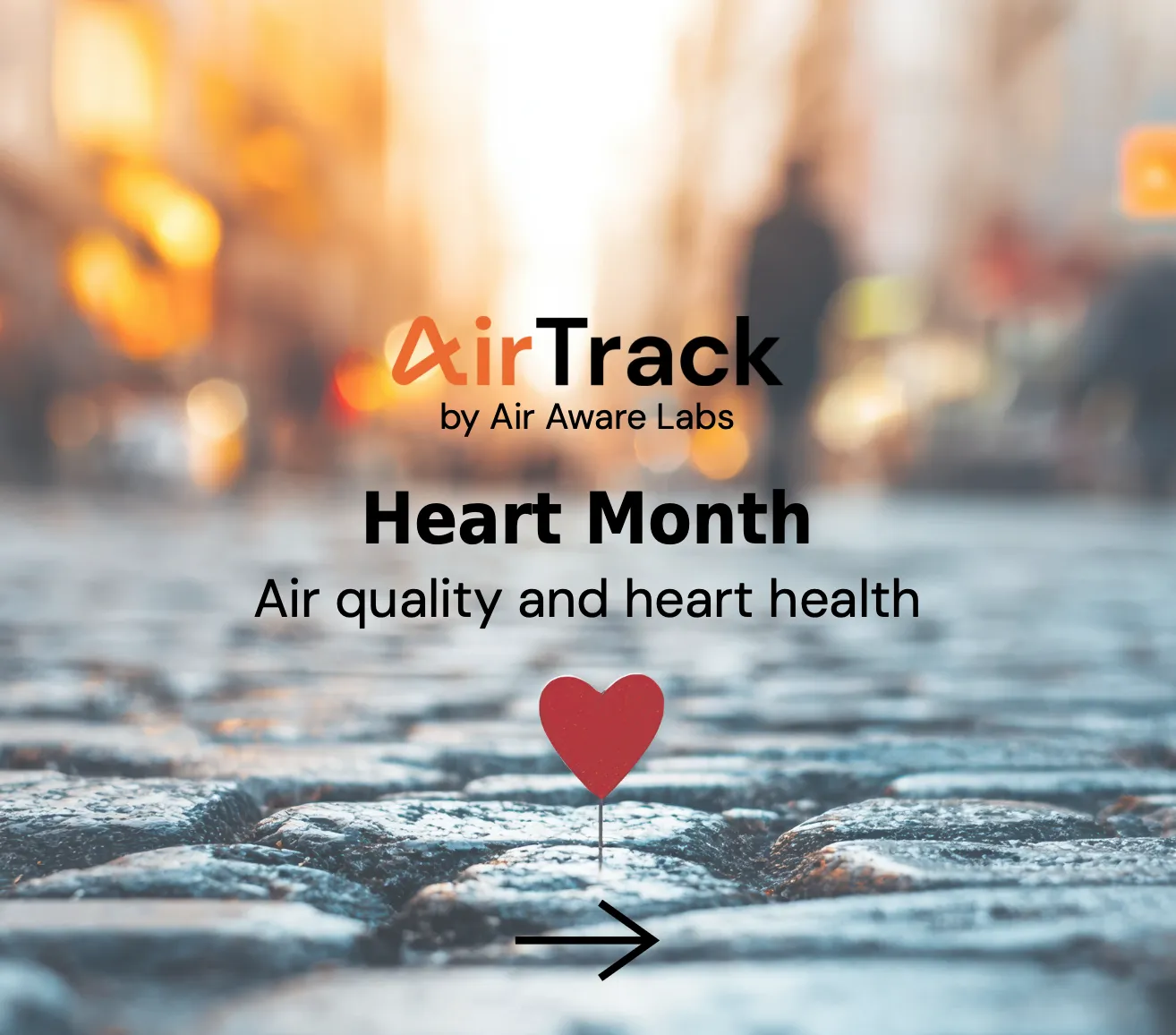Marathons and Air Pollution

Runners devote countless hours training and preparing for a marathon. The journey to running 26.2 miles is a long process that takes hard work, dedication, and consistency. Runners focus on various aspects important to marathon training including weekly mileage, gear, and nutrition. However, one factor that most runners are not considering is the air quality. The air you breathe in on a run has a significant impact on a runner’s performance, and it should not be overlooked.
The impact of Air Quality on Marathon Performance
A study undertaken at Brown University analysed the performance of over 2.5 million marathon runners across nine major U.S. marathons and found that for an increase in every one microgram per cubic metre (µg/m3) in fine particulate matter (PM2.5), male runners’ finish times decreased by 32 seconds and female runners’ performance decreased by 25 seconds. These numbers are very significant in competitive marathons, where even the smallest margin can separate elite runners from their competition.
PM2.5 consists of particles that are small enough to enter the lungs and bloodstream, contributing to cardiovascular and respiratory issues. These dangerous particles are typically emitted into our atmosphere through vehicle emissions (exhaust and non-exhaust), industrial activities, forest fires, domestic heating and agricultural waste burning.
PM2.5 has an impact on everyone but athletes are especially vulnerable. The harder a runner pushes themselves and the faster they run, the higher the dosage of air pollution (often through mouth breathing), potentially resulting in a significant impact of air pollution on their performance.
Additional Research
Further research has shown that each 10 µg/m3 increase of particulate matter with a diameter of less than 10 microns (PM10) was associated with a marathon performance decrease of 1.4%. This study also demonstrates that even small increases in air pollution can have a major impact on a runner’s marathon performance.
Not only does exposure to poor air quality lead to decreased athletic performance, but it can also lead to increased health risks. Research has shown that an increase in PM2.5 in the air by 10 ug/m3 can increase the risk of heart disease related death by 10%. Long-term exposure to poor air quality is a serious global threat that can have a devastating impact on one’s health.
Optimising Air Quality for Athletes and AirAware Labs
Although runners may not be able to control the air quality on race day, they can take steps to optimise the air quality they breathe in when they train. Air Aware Labs offers a great tool for optimising athletic performance through AirTrack. AirTrack monitors the air quality during a run, walk, or cycle, giving real time, personalised data on the levels of air pollution one is exposed to. With AirTrack, athletes can make educated decisions about their routes and timing of runs, so they can optimise the air quality they are exposed to, thus enhancing athletic performance.
Moving Forward
Air pollution is rapidly becoming a more crucial issue globally. It is essential that athletes and runners take necessary steps in order to stay healthy while also pursuing their athletic goals. The data provided by AirTrack is a solution for athletes to make smarter, more informed decisions about their training conditions. This tool is accessible to all and serves as an effective way to optimise athletic performance as well as long-term health.
Written by Abigail Manthous, overseen by Dr Will Hicks


.svg)











